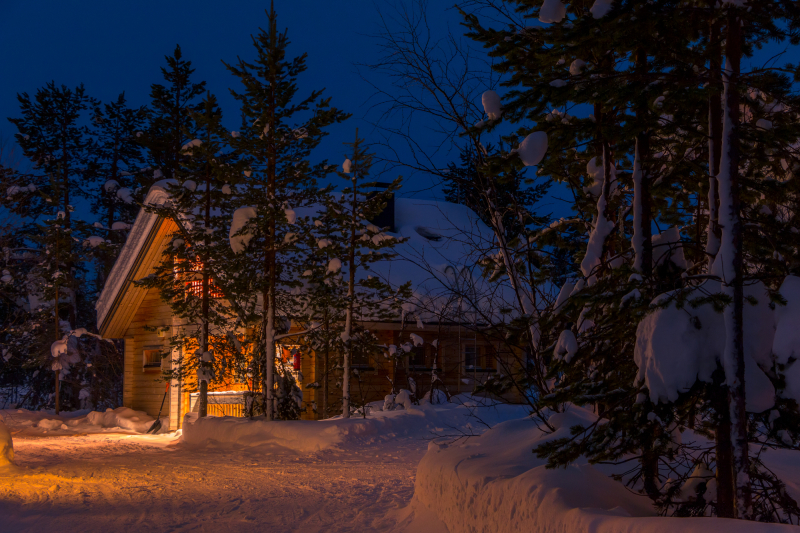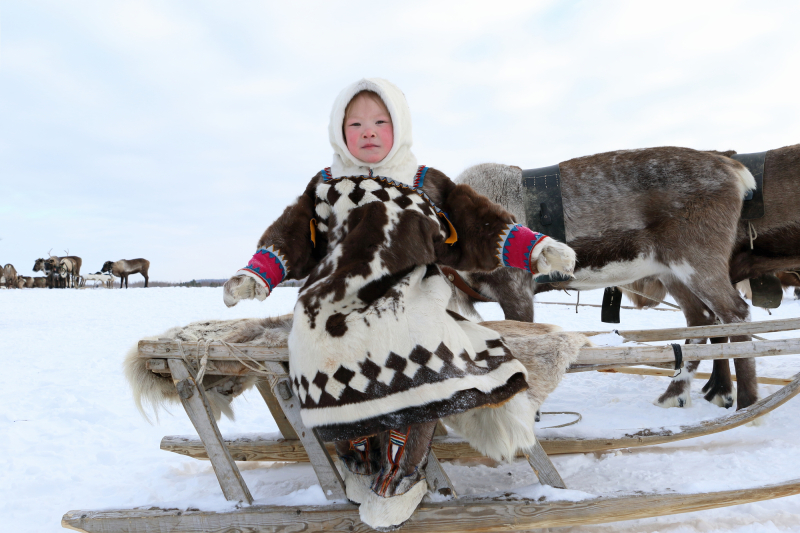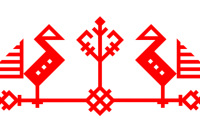For some indigenous peoples of Russia, December 31 isn’t much of a celebration. Instead, they have their own holidays to greet the new year. For example, the Khanty and the Mansi do it in April, on Voronii den’ (Crow’s Day). They believe that the new year comes when crows migrate to the North, as this bird brings the spring. In the past, the holiday took place whenever they heard the scream of the first crow, but later it became associated with Blagoveshchenie (The Feast of the Annunciation), celebrated on April 7 by Christians.
The Nentsy, on the other hand, do have a celebration on December 31, but instead of Ded Moroz, they have their own magical character, Yamal Iri, who wears national clothing and lives in a chum.
Finno-ugric peoples inhabiting Leningrad Oblast – such as Karelians and Vepsians – call the period of winter holidays Syunduma. It lasts from Christmas to Epiphany. It’s believed that whatever happens during this time will set the tone for the following year, so there are certain rules and restrictions. For example, you aren’t supposed to let go of things in your house, as it could lead to material losses in the future.

Credit: RuckZack / photogenica.ru
The roots of the New Year go back to winter solstice celebrations around December 21-22, and in some traditions, this remains true. For example, the Chukchi still greet the new year around that time. They call the holiday Pegytti (A Bright Cluster), after the name of a holy star. Once it ascends the sky, the new year begins, and daylight hours begin to increase.
The Buryats hold a traditional NY celebration in February, on Sagaan Sar (the Day of the White Month). The specific date is calculated according to the lunar calendar. It signifies the upcoming end of winter and welcoming of spring. One of Buryat traditions is to close the door on Sagaan Sar’s eve and visualize all the negative things from the past year as being left behind the door.
The list could go on and on, as Russia is home to dozens of peoples with unique cultures, each with their own vision of how to greet the change of seasons.




